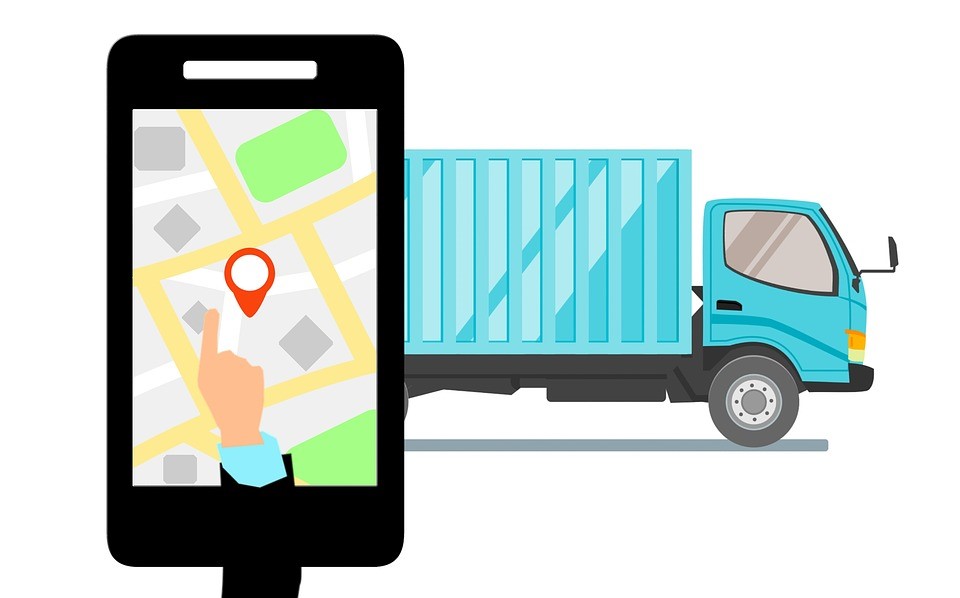
The general public uses geographic positioning systems (GPS) on computers and mobile devices as a free, included, and reusable application or engine. Although GPS is phenomenal for standard utilities, businesses have designed, licensed, or purchased their GPS alternative known as transportation management systems (TMS) that can track local company vehicles or international air, rail, and sea carriers that provide real-time supply-chain statuses. Companies that invest in TMS can expect at least a 30% return-on-invest (ROI) within six months after implementation and optimizing essential functions.
Tracking Devices
Three types of TMS systems are generally used. First are plug-in trackers installed into a vehicle’s electricity port, similar to a Turo GPS tracker. However, tracking data is not always available, as the device will shut off if the device is unplugged or the vehicle is turned off. Then there are hardwired trackers, like Turo GPS, permanently integrated into the vehicle’s hardware. Like plug-ins, data transmission continues when the vehicle is turned off. An additional disadvantage to this option is that device maintenance is more complex and costly since the device is hidden. Lastly are battery-operated trackers that can remain active for up to a few months. Associated cost savings are added when companies use rechargeable batteries, but the downside is that data is less frequently transmitted, whether the vehicle is off or on, comparatively.
Usage Advantages
Entities can get the exact real-time location of products, vehicles, and workers through their devised or purchased TMS. Standard TMS uses cell- or satellite-based GPS, where the satellite option is more reliable and precise. Furthermore, organizations can execute asset tracking of computers, equipment, and machinery by adding a barcode inventory system or radio frequency identification (RFID) tags to be recognized by their TMS. Some industries that use at least one of these tracking types are bike, car, construction, delivery, limousine, transit, trucking, taxi companies or freelancers, law enforcement agencies, oil and gas giants, organizations with field sales representatives, and universities.
Decreased costs and higher efficiencies are notable after companies use a TMS. The loss prevention strategy with asset tracking prevents items from getting lost or stolen. Efficient route navigation combats fuel costs with shorter route durations to save time. Thus, operational costs are minimized, primarily when companies investigate workers’ driving behaviors to prevent unnecessary fuel burning with aggressive accelerations or speeding. As a result of monitoring behaviors, safety practices are promoted that can help reduce hefty insurance premiums with safe driving or businesses installing TMS! Some other added benefits are employee time-tracking to lessen overtime expenses and improved customer satisfaction ratings, especially if customers get updates on a carrier, product, or ride arrival time.

